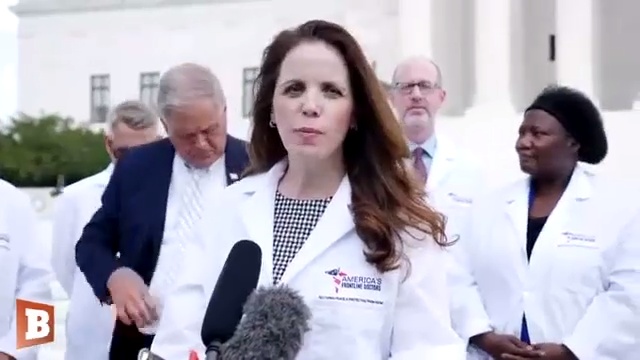Kerby Anderson
Adam Mill argues that “If Social Media Wants to Play Doctor, They Should Prepare to be Sued for Malpractice.” He has a point. It involves the frequent debate about the effectiveness of using hydroxychloroquine. Its use got political once the president talked about it during one of the coronavirus task force briefings.
Doctors and researchers can debate how safe and effective it might be, and we can leave that debate to another conversation. The real question is why social media would pull any video about it. Do these social media outlets have doctors evaluating medical procedures? And when they argue that using this drug is dangerous, aren’t they speaking outside of their expertise?
Last month a video from a press conference of doctors was censored because one of the doctors said she treated over 300 COVID-19 patients using the therapy (including vulnerable patients) who all improved. Facebook pulled the video that already had 14 million views. YouTube and Twitter followed suit, arguing that it violated their social media platforms.
They are free to pull a video. But the social media explanations for why they did so raise important questions. They said the medical testimony in the video could not be allowed because (1) the treatment doesn’t work, and (2) the treatment is dangerous. The obvious question to ask is whether “these censorship decisions are being reviewed and approved by actual physicians? Because they’re tantamount to playing doctor to the public.”
If the video is true, then other patients with the virus could be saved by the medical testimony. If information in the video is false, then the correct response would be a rebuttal from licensed physicians and medical researchers.
We have come to expect censorship on social media platforms. Censoring medical information and testimony from doctors and physicians is one step further.
 Listen Online
Listen Online Watch Online
Watch Online Find a Station in Your Area
Find a Station in Your Area









 Listen Now
Listen Now Watch Online
Watch Online
